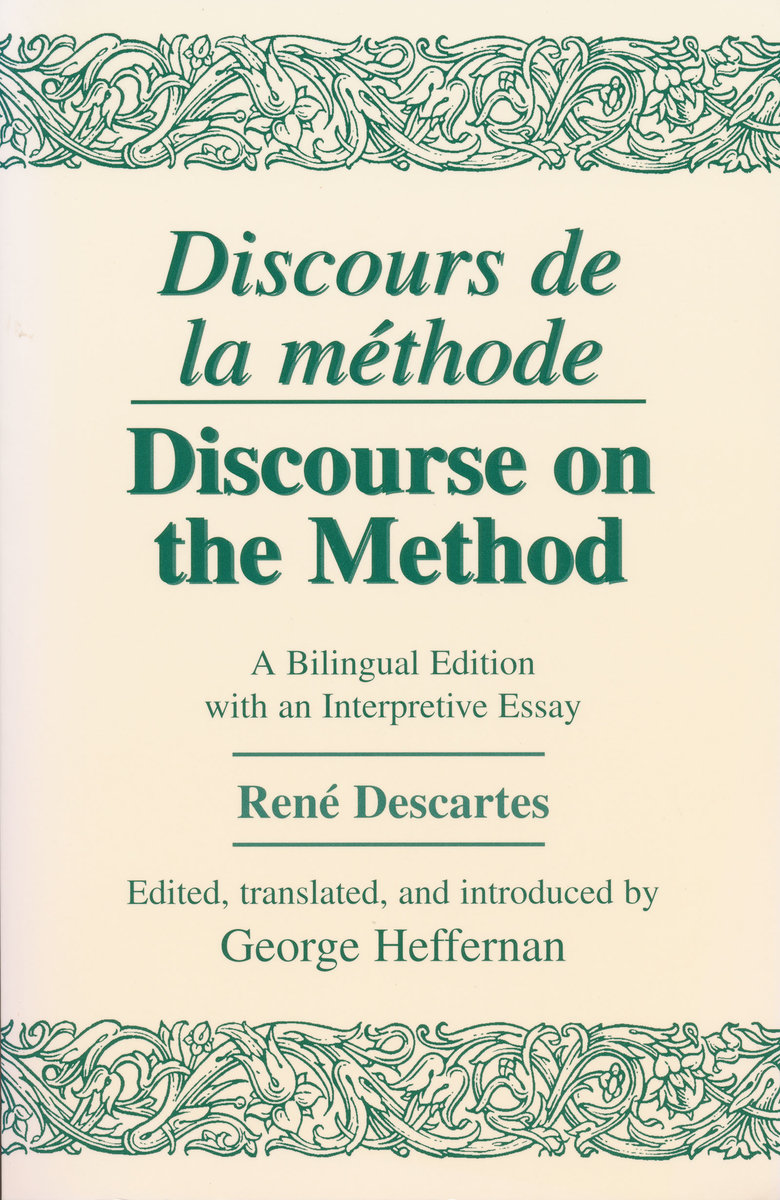No text has defined the self-understanding of the present time like Jean-François Lyotard´s La condition postmoderne, Rapport sur le savoir (1979). But few participants in the dialogue between the moderns and the postmoderns can claim to understand exactly what modernity is. Yet one can hardly understand post-modernism without adequately understanding what it is supposed to supersede. Thus there also arises one of the biggest difficulties in understanding postmodernism itself.
A good way to try to meet this need is by rereading, now more carefully than ever, the book to which Stephen Toulmin refers, in Cosmopolis, The Hidden Agenda of Modernity (1990), as one of . . . the founding documents of modern thought . . . (p.14). It is René Descartes´ Discours de la méthode/Discourse on the Method (1637), which is both a classic of modern philosophy and the crucial source book of modernity.
This unique edition of the Discours/Discourse contains an improved version of the original French text of Adam and Tannery, a new English translation as literal as possible and as liberal as necessary, an interpretive essay contextualizing the text historically and philosophically, an extensive bibliography, and a comprehensive index of Cartesian terminology.
The edition is not only for advanced students and teachers of philosophy as well as of related disciplines such as literary and cultural criticism, but also for all those human beings of good sense motivated by an interest in uncovering the hidden agenda of modernity . It is thus also intended as a timely contribution to the modern-postmodern debate.


